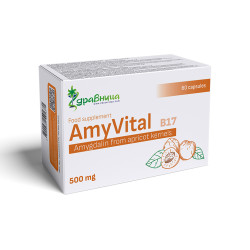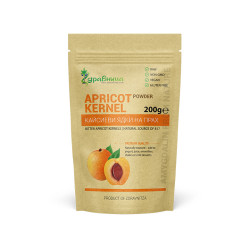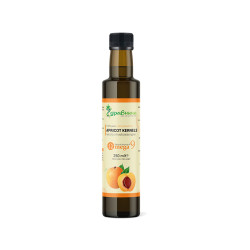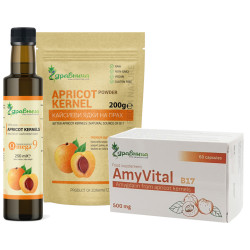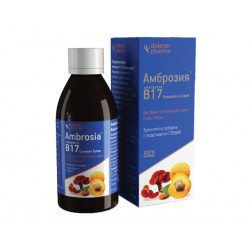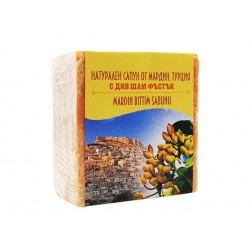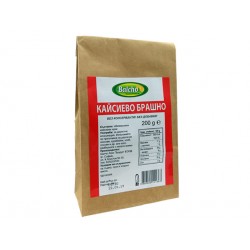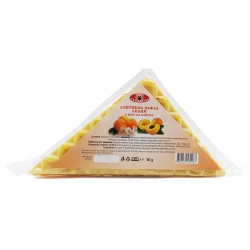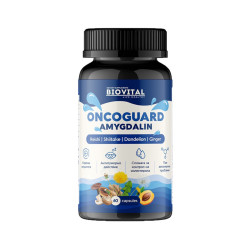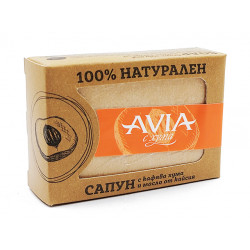The homeland of the apricot is Northeastern Armenia. Until now, wild apricot is found in Central Asia, Dagestan, North-Eastern Armenia. In the Himalayas, it grows even at 4000 m above sea level. As a cultural species, it has been grown in Armenia for 3000 years, from where its distribution started - Persia, Asia Minor.
It reached Europe only in the 1st century, but for a long time it grew only in monastery and princely gardens. It was not until the tenth century that it spread from the Apennine Peninsula to Germany and France, and later to America, Africa and Australia.
The Greeks called it the Armenian apple, hence the scientific name of the apricot.
In Bulgaria, the apricot became a fruit crop after the Liberation. The most popular varieties are Silistrenska (compote), Chisinau early, Hungarian, Roxana and others.
The apricot tree is heat-loving, with powerful roots, reaches a height of over 8 meters, lives 40-60 years. Its leaves are elliptical - shiny, dark green above and dull green below, the flowers are white or pink.
The fruit is fleshy, with a flattened kernel, the nut of which people have long used as a substitute for almonds. A characteristic furrow divides the fruit into 2 parts. The color of a ripe apricot is pale yellow to orange, some varieties are mossy. The first apricots ripen in June, and the late ones in August.
Now it's time to look at why and how apricots can help us be healthy.
Heart and blood problems
Fresh apricots contain 305 mg% potassium, and dried apricots - up to 1717 mg%. This makes the fruit very useful for people who suffer from cardiovascular diseases, especially heart failure and arrhythmia. The fruits also lower blood pressure, as they contain 8.3 mg% of magnesium. Therefore, hypertensives are recommended large quantities of fresh apricots.
For those who suffer from arrhythmia, a puree of 5 fresh apricots mixed with 1 tsp. h. ayran. This dose should be taken within a day.
Compounds from the group of flavonoids (260 mg%/100 g) strengthen the walls of blood vessels.
Apricots against cancer
Apricots are high in vitamin B17, also known as amygdalin. In alternative medicine, it is used in cancer therapy. It is important to know that nuts should be consumed roasted. In her book The Power of Apricots - How Laetrile Cure My Cancer, author Helen Curran tells how she herself cured her own cancer using laetrile, the trade name for amygdalin. Curran suffered from melanoma with scattered liver, and the doctors gave her no more than 2-3 months to live. She underwent therapy with apricot kernels, thanks to which she was cured.
The American Cancer Society points out that because of their high carotene content, apricots reduce the risk of cancer of the larynx, esophagus and lungs.
Apricots against anemia
Apricots contain 1.4 mg% of iron, which makes them an excellent tool for the prevention and treatment of anemia. 100 g of the fruit have the same effect on hematopoiesis as 250 g of liver. The beneficial action against anemia is also due to the cobalt and copper in apricots.
Apricots against stomach problems
Apricot juice normalizes the acidity of the stomach and has a beneficial effect on colitis accompanied by flatulence and dysbacteriosis. The recommended dose is 70-80 ml 6-7 times a day between meals. When it is not the season of the fresh fruit, with the same effect is the infusion of dried apricots. It is prepared by pouring 100 g of finely chopped dried apricots with 1 liter of hot water. The mixture stays warm for 6 hours and is ready for consumption.
The medicinal properties of apricots for ulcers and hidden swellings are due to their diuretic function. Apricot decoction relieves inflammation of the mucous membranes of the gastrointestinal tract.
For people who suffer from chronic constipation, the following remedy is recommended: 400 g of dried apricots and 400 g of dried prunes without kernles are ground. Add 200 g of liquid honey and mix. The mixture is taken 1 teaspoon after dinner, along with 1 teaspoon of warm water.
Apricots against colds
Apricot nuts are believed to have a healing effect against colds. 20 kernels are crushed, the nuts are peeled, dried and ground into powder. It is consumed 3-4 times a day for 1 tsp with milk or tea. Against colds and for faster recovery after illness, the fruits themselves are also recommended, as they contain 13 mg% of vitamin C.
Apricots against impaired vision
Apricots have a high content of beta carotene, which in the body is transformed into vitamin A. It is responsible for good vision. The vitamin is involved in the composition of the visual purple and the formation of the skin and mucous membranes. Daily consumption of three or more apricots lowers the risk of macular degeneration, reports Archives of Ophthalmology, based on the results of a medical study. Macular degeneration is believed to be among the leading causes of vision loss in adults.
In addition to vision, vitamin A strengthens our immune system, is useful for eyes, hair, skin, gums and glands.
Apricots to strengthen immunity
The healing properties of apricots are also known for general strengthening in pregnant women, children and the elderly to boost immunity. For this purpose, it is sufficient to consume 100-150 g of dried fruits per day.
Where to buy apricot products?
You can find apricot products as apricot kernel oil, apricot kernel extract or apricot flour in "Zdravnitza".
You can place your order online. We deliver our products to products in Bulgaria, Europe, USA, Canada, Australia, Israel and Thailand.
You can also buy the apricot products on the local stores of "Zdravnitza":
Health store "Zdravnitza"
1000 Sofia, Bulgaria
23 Neofit Rilski str.
Health store "Zdravnitza"
1303 Sofia, Bulgaria
74 Odrin str.




